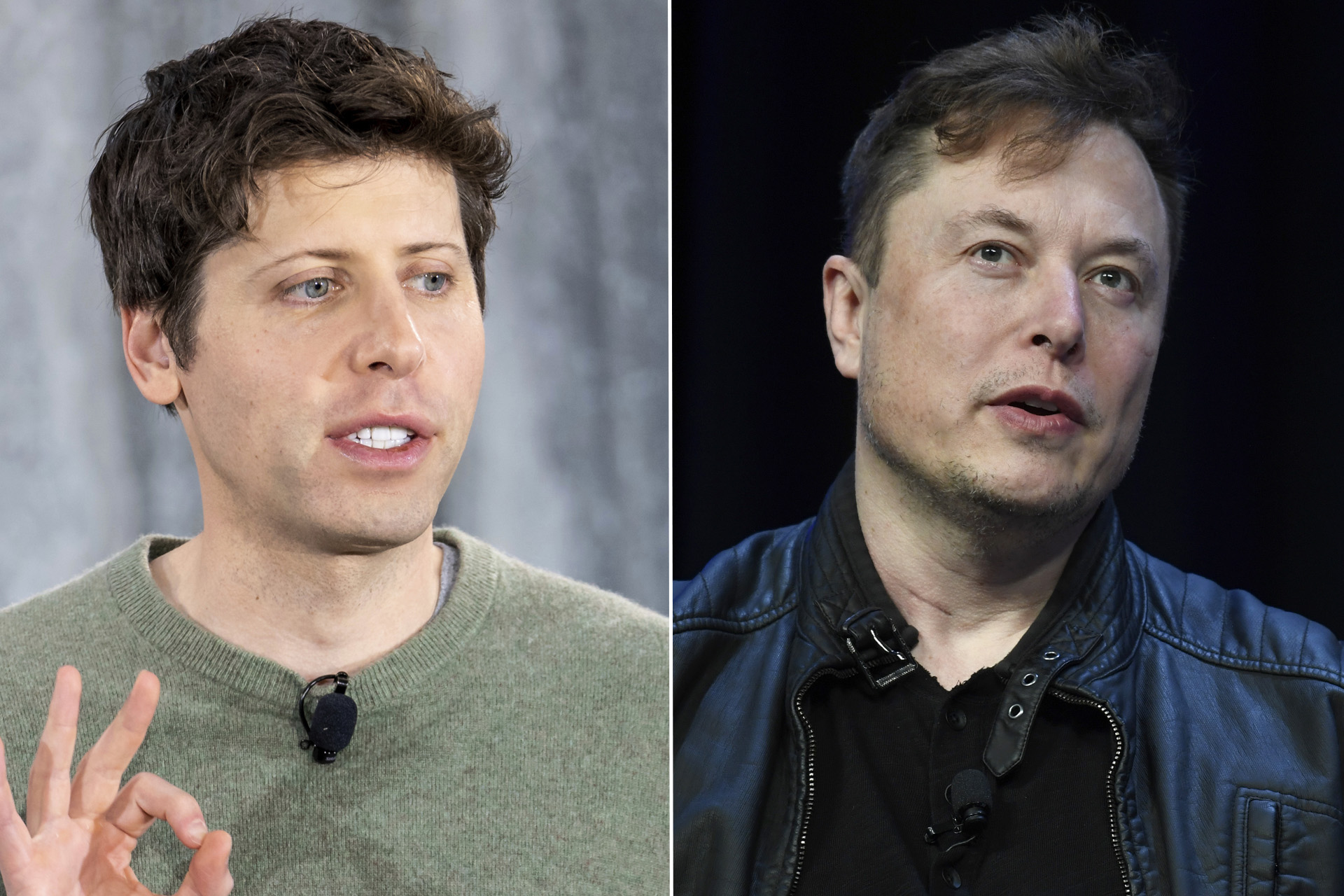OpenAI CEO Sam Altman has responded to recent criticism of his company from Elon Musk, who was one of its founders before he left it. And what role is Sam Altman in it?
Altman said his company is "independent" of Microsoft and noted that the latter does not have a seat on OpenAI's board, according to a report by Business Insider.
Altman made the comments during an episode of the "On With Kara Swisher" podcast that aired Thursday, responding to Musk's tweet last month that OpenAI had become "a closed-source, for-profit company largely controlled by Microsoft."
Altman said on Swisher's podcast that "most of this is incorrect, and I think Elon knows that."
Opening AI and Musk's relationship with Altman
OpenAI's AI-powered ChatGPT program has unleashed an arms race between Silicon Valley companies and investors, sparking a craze around AI, and Semafor says of this "madness" it started early with Musk and Altman.
OpenAI was initially launched as a nonprofit model in 2015 with the support of Tesla CEO Elon Musk, who dedicated a billion dollars to OpenAI, but Musk was unhappy with OpenAI's slow growth, saying it was "far behind Google."
Musk proposed in early 2018 that he take control and management of OpenAI himself, according to Semaphore, an offer that Altman and the company team rejected.
According to the Semaphore report, the decision prompted Musk to leave, backtracking on the publicly announced funding arrangement, providing only $100 million of the planned $<> billion.
Altman, who was wealthy due to his long career investing in tech startups, made the decision to pursue a career at OpenAI.
Transformation.. From a startup to a Microsoft partner
Months after becoming a for-profit company in July 2019, OpenAI secured a billion-dollar investment from Microsoft, the amount Musk had promised to give the company.
Microsoft has since integrated the company's technologies into its products, and although Altman's lack of initial shares in OpenAI led investors to pause in 2019 over questions about his confidence in the project, the uproar associated with the launch of ChatGPT likely eased those concerns.
The Wall Street Journal reported that OpenAI is now looking to bid for $29 billion worth of shares, more than double their value in 2021.
But CEO and co-founder Sam Altman may not be as financially beneficial as Silicon Valley's founders have in past years.
OpenAI: This month's GPT-4 version is a big advance compared to previous versions (Getty Images)
Climax. Musk's accusations are remorse or truth?
Elon Musk has attacked AI technology in general on several previous occasions, but this time he has directly criticized the developer of ChatGPT, of which he was one of the founders, when he tweeted that "the company has become interested in maximizing profits," alluding to its multibillion-dollar partnership with Microsoft.
But Altman, in his episode with Swisher, said he appreciated Musk's concern: "To be honest and say something positive about Elon, I think he really cares about the future of AI."
Altman added of Musk that he was "an idiot, whatever you want to say about him, he has a style that I don't like... But I think he really cares, and he's very nervous about what the future of humanity will look like."
Altman stressed that the company was trying to gauge the risks of AI by assessing its benefits when releasing tools to the public.
This month, OpenAI released GPT-4, calling it a significant advance over previous versions and touting its ability to excel in a variety of key tests, including the SAT college entrance test and the American Bar Association.
GPT-4 is available to those with a $20 per month GPT plus subscription, and despite that amount, there is a long waiting list of users hoping to use the software.

